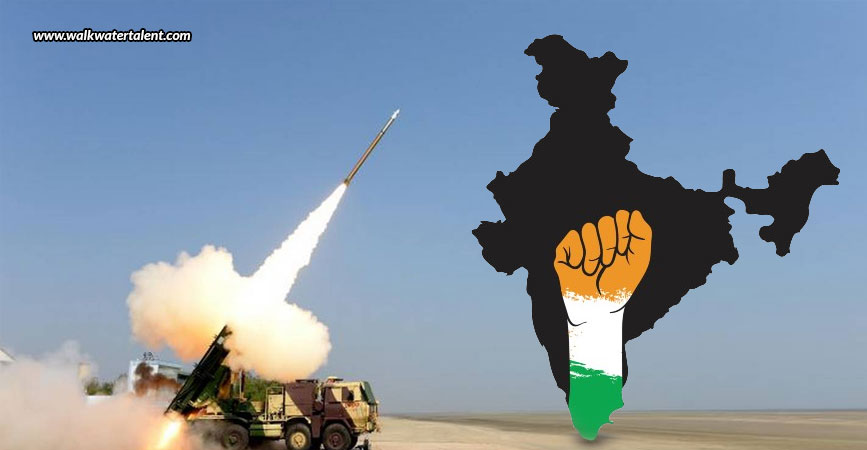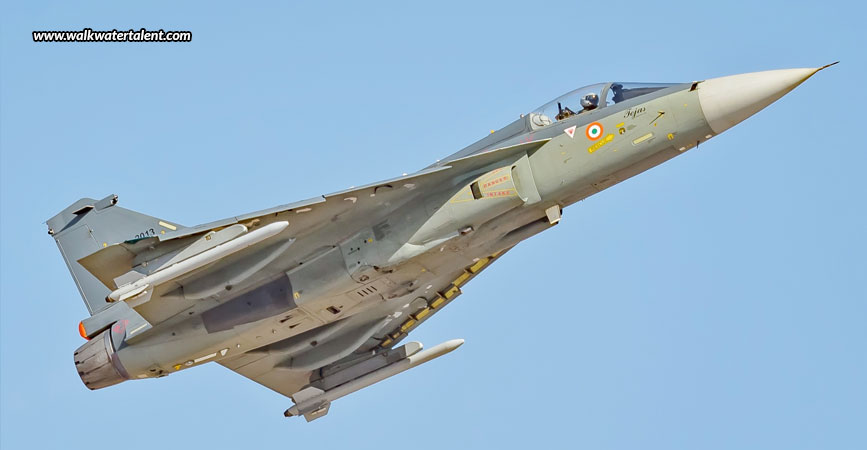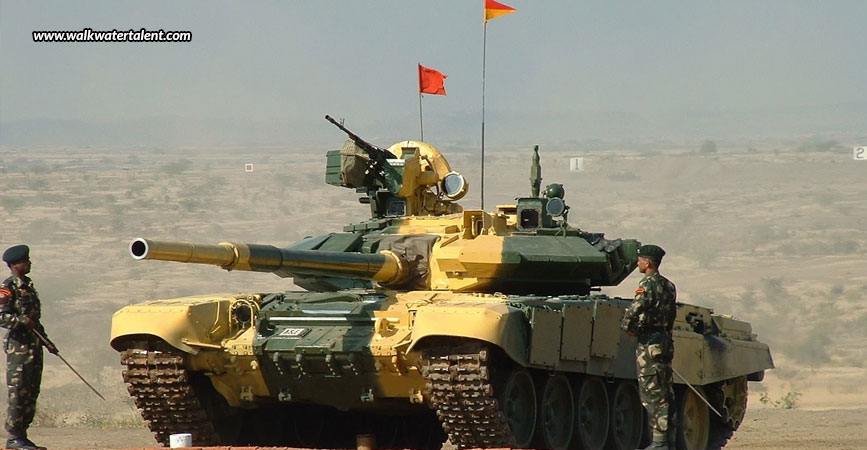
Atmanirbhar Bharat – Impact on Executive Hiring
On the 12th of May 2020, our Prime Minister introduced a new phrase Atmanirbhar Bharat as part of the economic measures announced to combat the negative impact of the successive lockdowns that were implemented because of the Covid 19 pandemic. Loosely translated, it meant Self Reliant India. It was a clarion call to Indians to be vocal about local and encourage homegrown enterprises. Atmanirbhar Bharat envisioned a post Covid world where India would lead the way and contribute to world progress on its own steam, while ensuring a better life for its citizens. At Walkwater, we have been keenly exploring ways in which this could impact leadership hiring in the months to come. There are several sectors in which India has enjoyed a traditional position of strength, or has recently begun to take greater strides in world leadership through self reliance. This series, in four parts, will take a closer look at four such sectors, starting with defence manufacturing. The intent is not only to acknowledge our strengths there, but also to understand how the growth of few of these sectors in the coming years will impact executive hiring, and consequently what are the areas that senior leaders could look to develop their skills and competencies from a future perspective.
Part 1 – Defence Manufacturing
Just 5 years back, India was the world’s largest importer of military equipment. India’s long dependence on aircraft like the French Mirage 2000, or the Russian Sukhoi and MIG, are well documented. But even in other aspects of defence procurement, India has traditionally leaned on others. Two such examples are artillery (Bofors from Sweden) and precision bombs (Spice 2000 from Israel). There have been several more.
Fast forward to March 2020, and this had not changed much. India was just behind Saudi Arabia in the list of defence importers, as per the Stockholm International Peace Research Institute. What had changed was the intent. The same report by SIPRI also acknowledged that India was now 23rd on the list of defence exporters in the world. India opened up defence production to private companies as far back as in 2001, but before that the state run ordnance factories or HAL or BEML were all we had in terms of defence production. Even after 2001, most of what counted as ‘Buy and Make’ was mostly technology transfers instead of indigenous production. It was in 2013 that we had, for the first time, a formal Defence Procurement Procedure with the stated target of 70% self reliance in defence procurement. This got a further boost in 2016 with the introduction of a new category of equipment called Indian Designed, Developed, and Manufactured (IDDM), which would be the most preferred category ahead of Buy or Make.

Several Indian private companies jumped into the fray around that time. There were established players like the Tata Group , the Mahindras, and the Hindujas, of course. They had been involved in defence production for decades, in partnership with public sector undertakings. Additionally, new entrants like the Kalyani Group and the Reliance Group also put their hats in the ring. The defence sector is today a hotbed of exciting activity by Indian companies, and it seems that we could be looking at millions of dollars of import substitution in the coming years.
Globally, the areas which usually see the most strategic and financial activity among investors in defence or aerospace are aircraft and parts, arms and vehicles, electronic equipment, software and security systems, raw materials, and support services. In H1 of 2020, almost all of these areas have understandably seen a dip in volumes due to the pandemic that kept most governments busy. India upped the ante in September 2020 by increasing the FDI allowed through ‘direct’ route to 74% for companies seeking new industrial licenses, which earlier used to be 49%. Till recently, most of the foreign investments in the defence sector used to be only for the purpose of fulfilling offset requirements. This resulted in the initial traction being limited to low technology products like spares or specific components. With this announcement, it is expected that Indian JVs with 74% foeign participation will aggressively bid for domestic procurement as Indian vendors. According to Mr. Amit Kalyani of the Kalyani Group, “this will create larger technology capability, overall competitiveness in order to sell solutions not only in India but also for exports. It’s a plus for the whole ecosystem.” US Aerospace major Boeing is a good example of the huge opportunity that India can leverage. Boeing already has a joint venture with the Tata group to manufacture fuselages for the AH-64 Apache helicopters which are used by the US Army, among others. On the aerospace side, Boeing manufactures in India the composite floor beams for every variant of their Dreamliner aircraft. It is no wonder, then, that Boeing India is looking to quickly double its sourcing from India to $2 billion in the not too distant future.

What is the impact of all this on executive hiring in India? Here are ten areas where we see a quick uptake in senior level hiring in the defence sector :
- Weapon systems and sensors
- Artillery
- Naval platforms and systems
- Land mobility solutions
- Unmanned aerial vehicles
- Missiles
- Aerospace and Avionics
- Radars and telemetry
- Specialised defence infrastructure
- C4ISR Systems and Products

Stay tuned for our next paper in this series, which will be about the exciting opportunities in the Indian pharmaceutical sector, with special focus on APIs.
About WalkWater Talent Advisors
WalkWater Talent Advisors is among the Top Executive Search Firms in India. Started in 2011 by search industry leaders, we are today a 30 member team across five offices and an enviable track record across industry sectors, both in India as well as globally. The WalkWater team brings a unique mix of strengths – Intensive Client Partnering, Deep Domain Knowledge and Global Coverage, among others. This, coupled with a start-up drive to excel, and a constant focus on values, provides an unparalleled experience to our clients.
WalkWater has an impressive track record across sectors – Technology, Consumer and Retail, Industrial, Pharmaceuticals, Healthcare & Lifesciences, and BFSI. Apart from assisting 350+ companies hire 700+ leaders, WalkWater has also completed 40+ bespoke Talent Advisory engagements for established organizations and startups.
We have been actively involved in working with several marquee names in the defence manufacturing sector for close to 10 years now and have noticed the dramatic evolution of this sector in terms of manpower needs and the variety of talent required. We are very excited at the initiatives taken by the government and the robust response from private sector companies to these developments. Things have just started to happen, and we have fastened our seatbelts nice and proper.
By Rahul Shah,
Co-founder & Director,
Walkwater Talent Advisors









